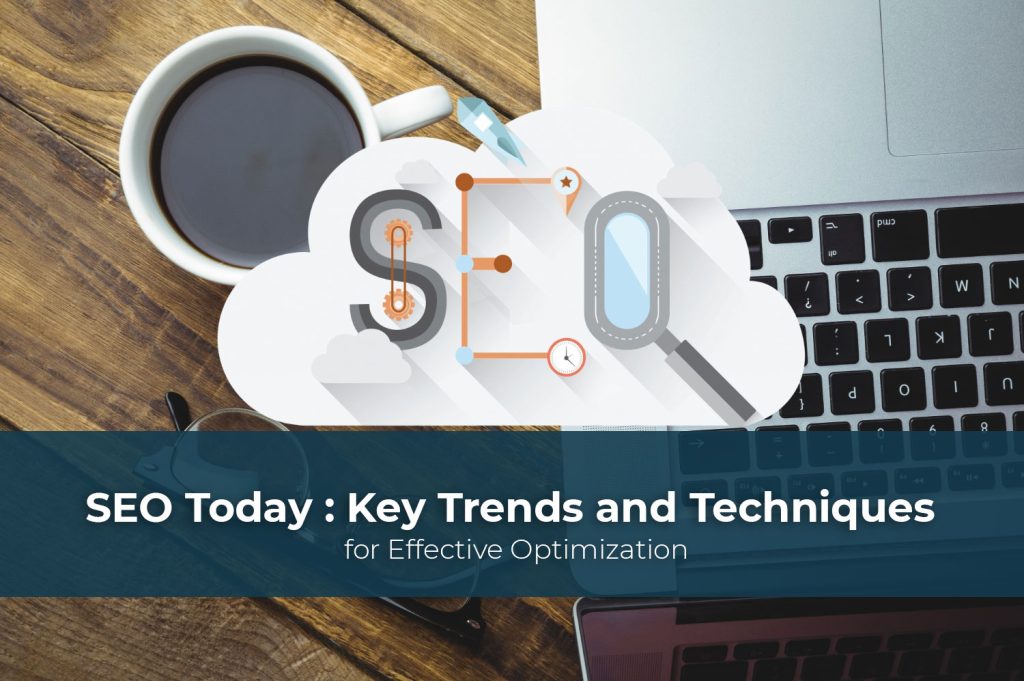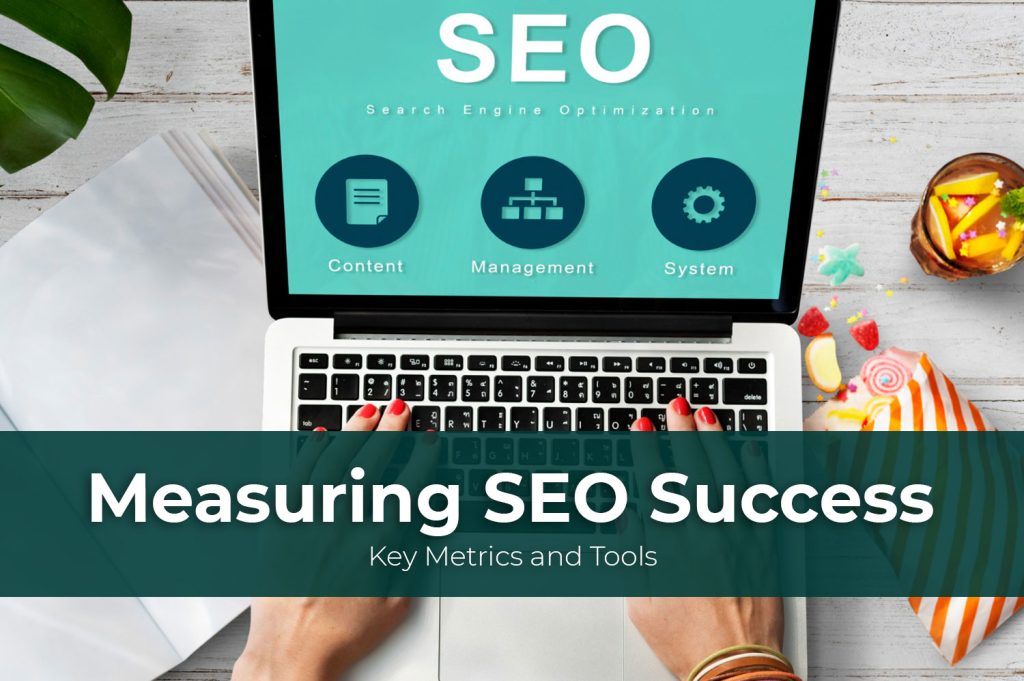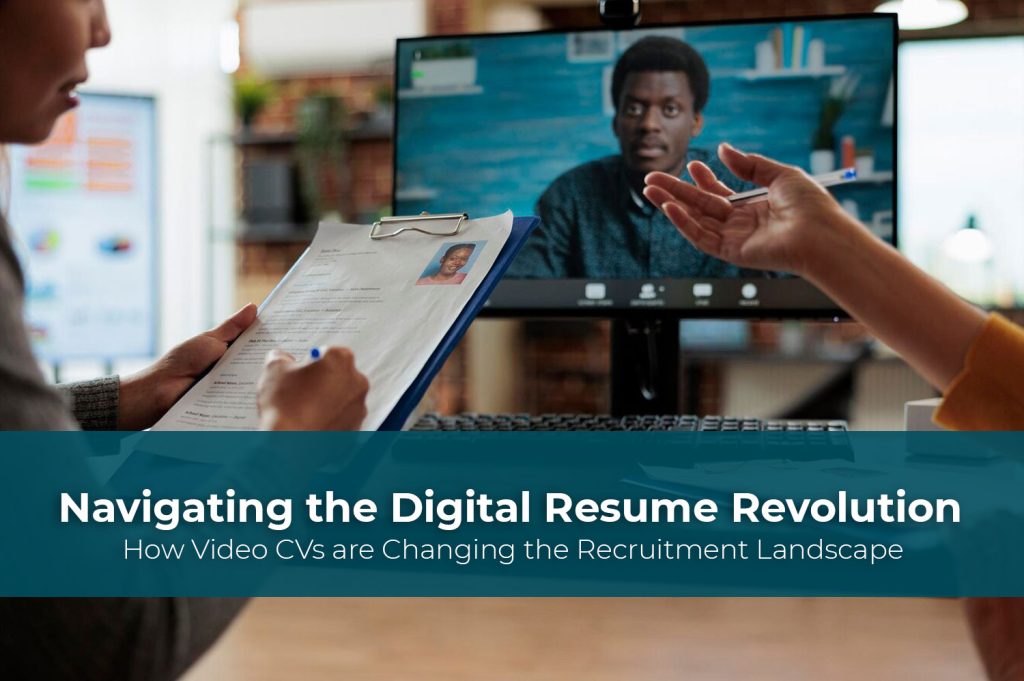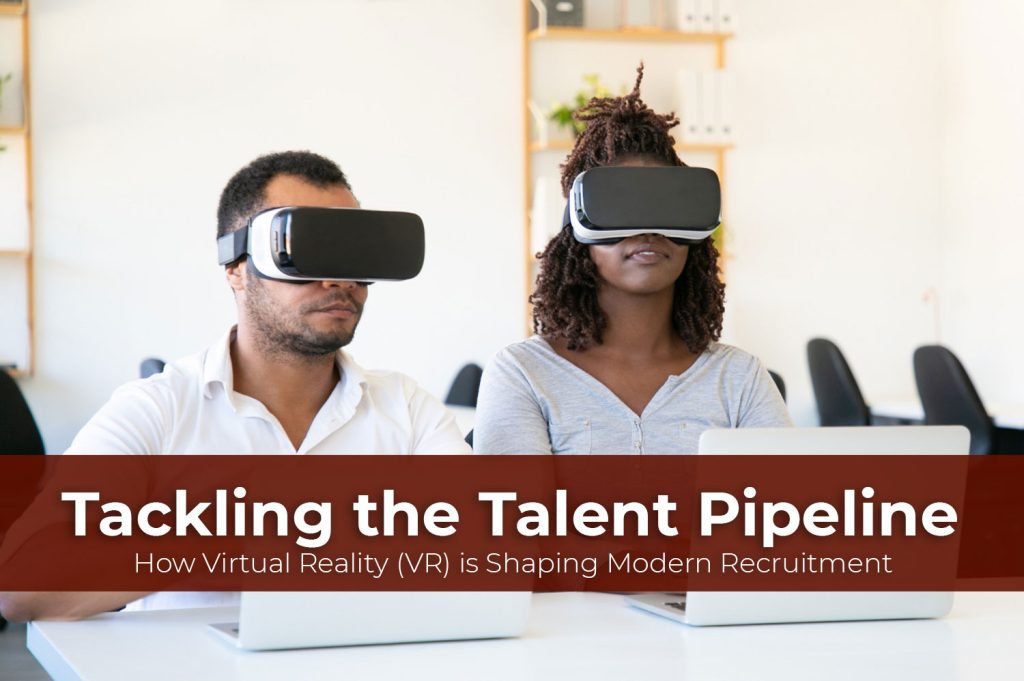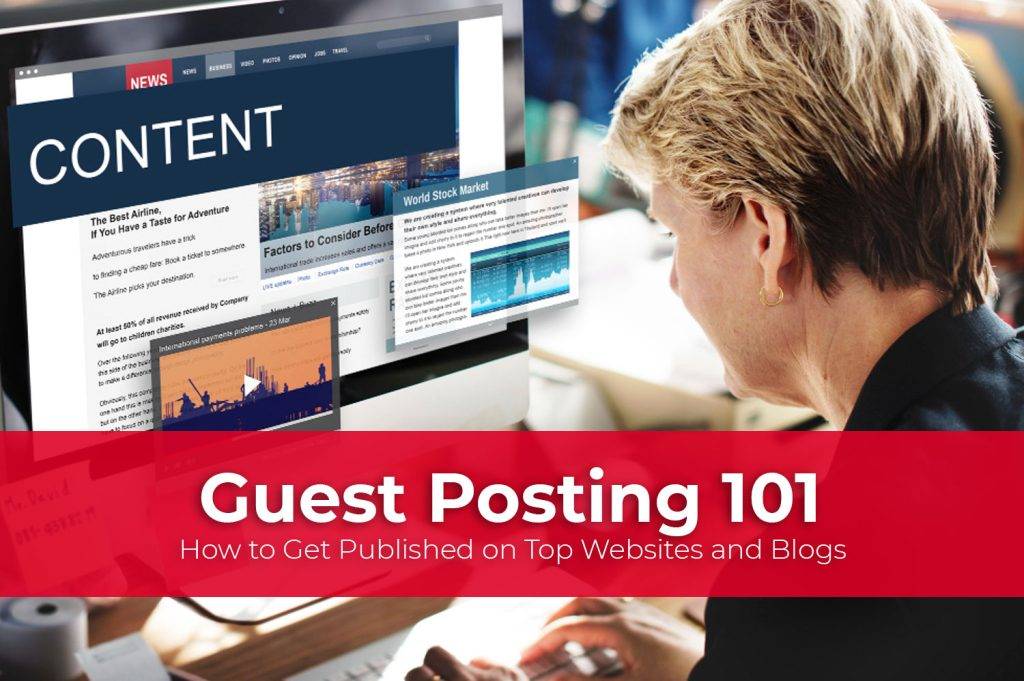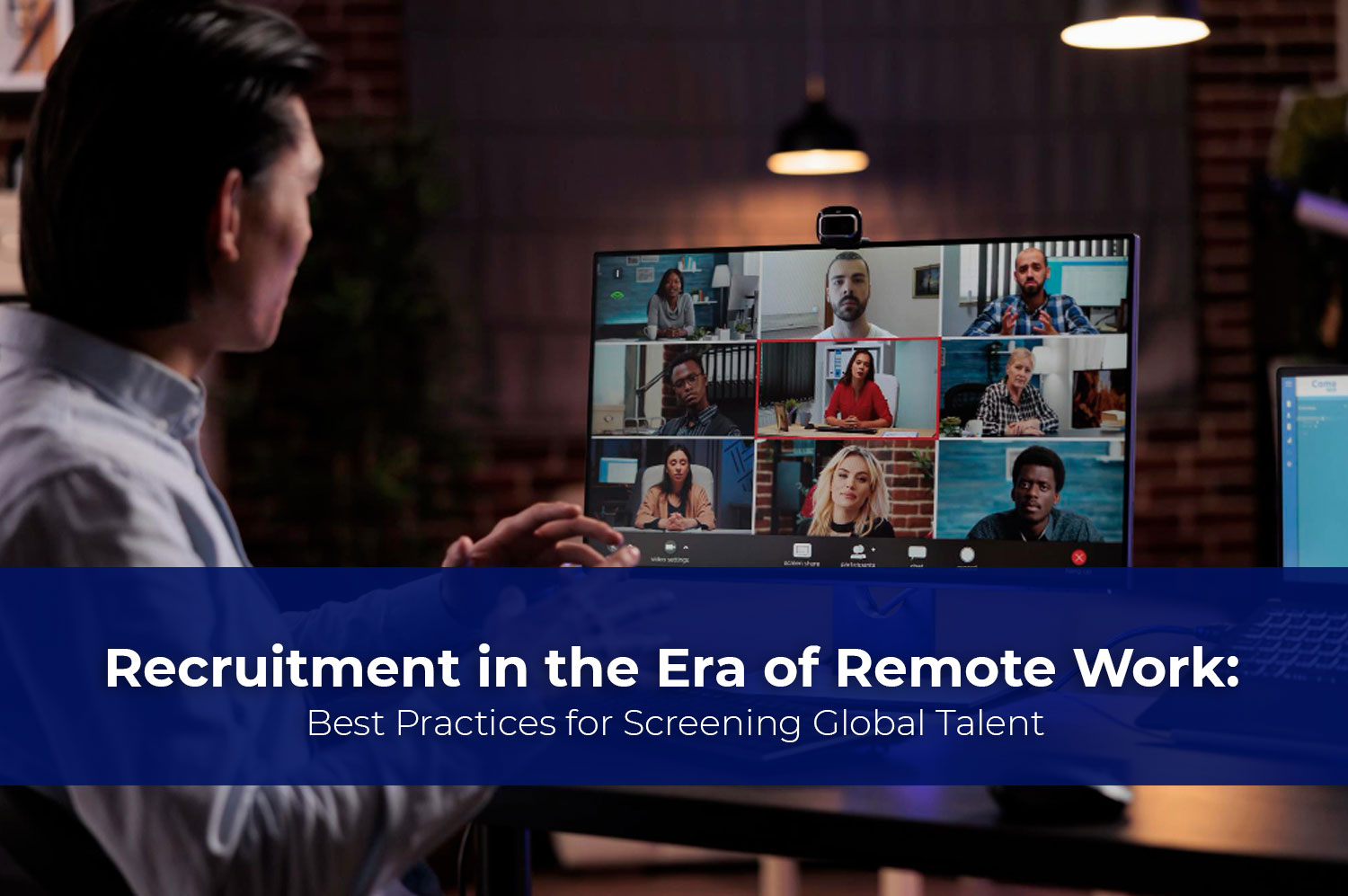
Table of Contents
ToggleIntroduction
Section 1: Understanding Remote Work Dynamics
The first step in effective remote recruitment is understanding the nuances of remote work. It’s crucial to consider how remote work affects communication, team dynamics, and productivity, and to look for candidates who demonstrate strong self-motivation and time management skills. Recruitment strategies need to be adapted to meet these unique requirements. For further insights, Bumsa’s article on remote work and recruitment offers valuable perspectives.
- Grasping the nuances of remote work is crucial for effective recruitment.
- Consider how remote work affects communication, team dynamics, and productivity.
- Recognize the importance of self-motivation and time management skills in candidates.
- Adapt your recruitment strategies to suit remote work requirements.
Building a diverse and inclusive workforce remains paramount. By adapting these best practices, organizations can successfully navigate the complexities of remote recruitment and secure the best talent in a dynamic, global job market.

Section 2: Leveraging Digital Tools for Recruitment
In the digital age, leveraging advanced platforms for sourcing and interviewing candidates is essential. AI-driven tools streamline resume screening and skill assessments, while video interviewing helps gauge communication skills. Remote work tools should be an integral part of the recruitment process. To understand more about the digital revolution in recruitment, refer to Bumsa’s article on RPO technology. Utilize advanced digital platforms for sourcing and interviewing candidates.
- Implement AI-driven tools for efficient resume screening and skill assessments.
- Embrace video interviewing to gauge candidate’s communication skills.
- Incorporate remote work tools into the recruitment process.
Section 3: Focusing on Cultural Fit
Cultural fit is especially important in a remote environment. Employers should look for candidates who align with their company’s values and ethos, and who are adaptable to diverse work cultures. Behavioral interviews can be an effective way to evaluate this fit. Bumsa’s insights on choosing the right RPO partner can provide further guidance. Understand the importance of cultural fit in a remote work environment.
- Look for candidates who align with your company’s values and work ethos.
- Assess adaptability and openness to diverse work cultures.
- Use behavioral interview techniques to evaluate cultural fit.
Section 4: Emphasizing Soft Skills
Soft skills like communication, collaboration, adaptability, problem-solving, and critical thinking are pivotal in remote work settings. Employers should prioritize these skills and assess candidates’ ability to work independently and as part of a team. Bumsa’s discussion on the benefits of RPO services in enhancing workplace diversity sheds light on this aspect. Prioritize soft skills like communication, collaboration, and adaptability.
- Assess a candidate’s ability to work independently and as part of a team.
- Look for problem-solving and critical thinking skills.
- Evaluate emotional intelligence and resilience.
Section 5: Global Compliance and Legal Considerations
Understanding legal and compliance issues in different countries is a critical part of global recruitment. Employers must be aware of data protection, privacy laws, labor laws, and work permits. Time zone differences also play a significant role in work schedules. Bumsa’s article on high-volume recruitment problems provides valuable insights. Understand legal and compliance issues in different countries.
- Be aware of data protection and privacy laws for global recruitment.
- Ensure compliance with labor laws and work permits.
- Consider time zone differences and their impact on work schedules.
Section 6: Effective Communication Strategies
Clear and concise job descriptions and maintaining regular communication throughout the recruitment process are key. Employers should use various channels to engage candidates and provide detailed role information. For tips on crafting job descriptions, visit Bumsa’s guide on writing the perfect job description. Develop clear and concise job descriptions.
- Maintain regular communication throughout the recruitment process.
- Use various communication channels to engage with candidates.
- Provide detailed information about the role and expectations.
Section 7: Building a Strong Employer Brand
Showcasing company culture and the benefits of remote work helps in building a strong employer brand. Utilizing social media and digital platforms enhances this effort. Sharing testimonials and success stories can be powerful. For more on this, see how social media sourcing is a core element in today’s recruitment strategy. Showcase your company culture and values.
- Highlight benefits and opportunities of working remotely.
- Use social media and digital platforms to enhance your employer brand.
- Share testimonials and success stories of remote employees.
Section 8: Continuous Learning and Development
Emphasizing growth and skill development opportunities is vital. Offering remote learning and fostering a culture of continuous learning benefits both employees and the organization. Bumsa’s insights on employee retention offer valuable perspectives in this area.
- Emphasize opportunities for growth and skill development.
- Offer remote learning and training programs.
- Encourage continuous learning as part of the company culture.
- Discuss career progression and personal development plans.

recruiting in the era of remote work requires a strategic blend of technology, cultural understanding, and effective communication.
Section 9: Utilizing Data-Driven Decision Making
Using analytics to enhance recruitment strategies and understand trends is increasingly important. Data helps in analyzing the effectiveness of recruitment channels and improving candidate experience. For more on data-driven recruitment, refer to Bumsa’s article on using data in recruitment marketing.
- Implement analytics to enhance recruitment strategies.
- Use data to understand recruitment trends and candidate behavior.
- Analyze the effectiveness of different recruitment channels.
- Leverage data to improve candidate experience.
Section 10: Building a Diverse and Inclusive Workforce
Prioritizing diversity in recruitment and creating inclusive processes are crucial. Employers should foster an environment that values different perspectives. Implementing diversity training for hiring managers is a positive step. For more on this topic, Bumsa’s guide on inclusive hiring policies is a helpful resource.
- Prioritize diversity in your recruitment process.
- Create inclusive job advertisements and interview processes.
- Foster an environment that values different perspectives and backgrounds.
- Implement diversity training for hiring managers.







